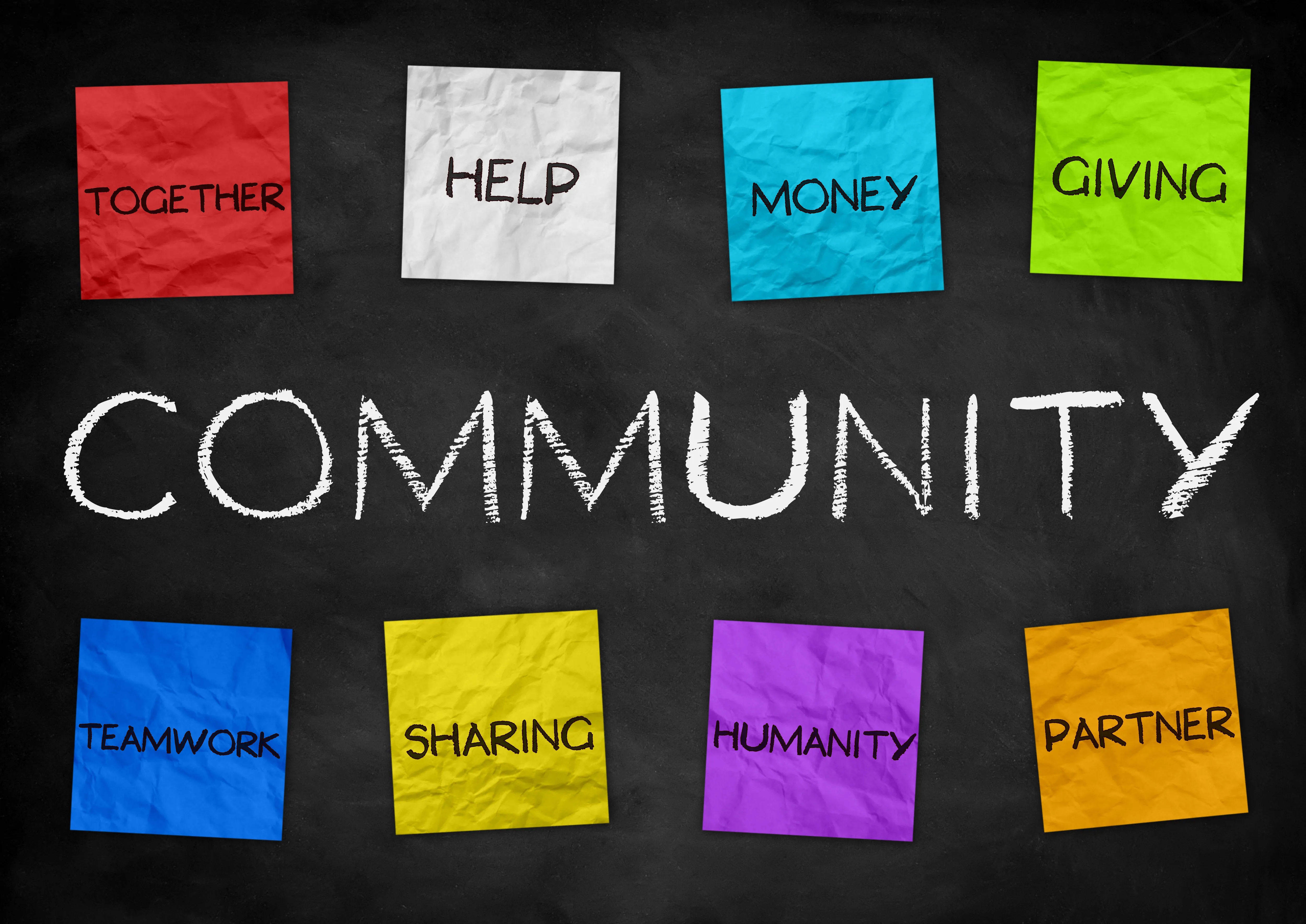
5 Reasons Pre-School Years are a Prime Time for Learning
Much of the discussion about education focuses on the K-12 years, but some early childhood education experts suggest serious learning can start even earlier and pay dividends for the child in years to come.
“Children’s minds are like sponges when they are very young. Under age 5 is the most important time for development and our best opportunity to set up children for success. If we strongly educate children at a very young age, while their brains are so pliable, by the time they reach kindergarten, their brain capacity is much higher.”
Recent research confirms that the first five years of life are particularly important for the development of the child's brain. Harvard University’s Center on the Developing Child reports that in the first few years, more than 1 million new neural connections are formed every second, building the brain’s architecture.
This growth of the brain’s network establishes a fertile foundation for learning, thus an opportunity to be better prepared for grade school and beyond, experts say. One analysis of several studies, “Impacts of Early Childhood Education on Medium- and Long-term Education,” showed that children exposed to high-quality pre-kindergarten education performed better academically in later years. Early education also led to higher graduation rates, fewer special education placements and less grade retention.
Five reasons parents should consider ramping up their pre-K child’s education:
- Socialization. Socialization with people other than the child’s family in a safe environment is an essential foundational element. “It’s important to introduce our children to other children and support their transition into their own friendship groups, and the earlier we do this, it helps children overcome shyness and gain self-confidence.
- Personal experiences. These assist the brain’s organizational development and functioning in many situations, helping children develop learning skills as well as social and emotional abilities.
- Enthusiasm for Learning. Lessons can be given in a fun and exciting way that will encourage children to be effective learners.
- Learning respect for others. A fundamental building block for happiness, friendships and success in life starts early by learning how to share, cooperate, take turns and be nice.
- Resilience. It’s important that early childhood educators and parents work together to develop resilience in children as early as possible.
















